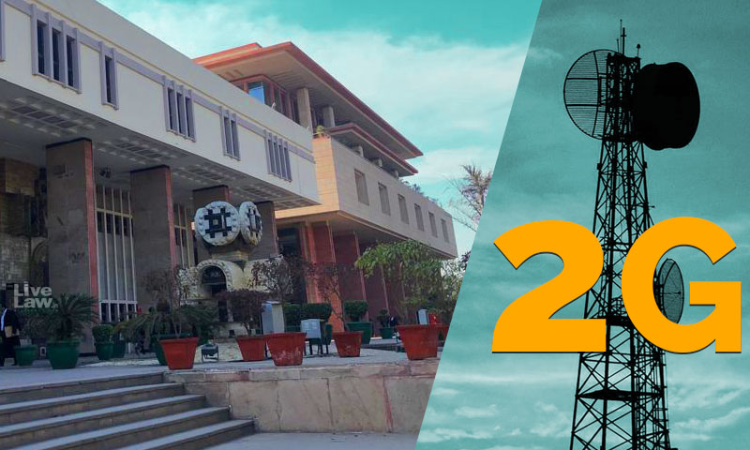Arbitration Act | 2G Judgment A 'Change In Law', Court Can't Set Aside Majority Award And Uphold Minority's: Delhi High Court
Debby Jain
29 Dec 2023 2:03 PM IST

Next Story
29 Dec 2023 2:03 PM IST
While dismissing a Section 34 petition under the Arbitration Act, the Delhi High Court recently observed that the 2G judgment, whereby the Supreme Court quashed the First-Come-First-Serve (“FCFS”) policy, constituted a “change in law” for grant of spectrum/licenses. “By passing the 2G judgment, the Hon'ble Supreme Court scrapped the FCFS Policy which was the earlier...
